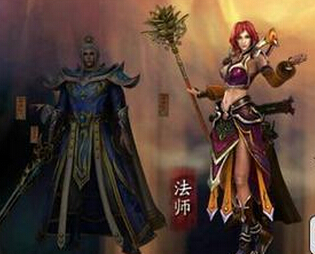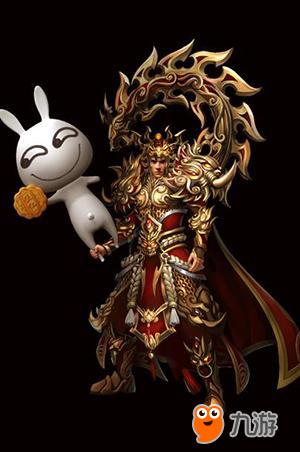Chuanqi: The Fascinating World of Chinese Legends, Myths, and Folktales
Understanding Chuanqi: Definitions and Origins
Chuanqi, which translates to “legend” or “tale,” refers to a rich tapestry of narratives that have been passed down through generations in Chinese culture. These stories often incorporate elements of fantasy, folklore, and moral lessons, making them integral to understanding Chinese heritage, philosophy, and social values. The term is deeply rooted in the historical context of Chinese literature that flourished during the Tang and Song dynasties, where esteemed scholars and storytellers would compose and recite narratives that enchanted audiences with tales of heroism, love, and the supernatural. The essence of chuanqi lies in its ability to convey complex themes through simple storytelling, making these legends accessible to all levels of society and immortalizing the cultural ethos of the times.

Chuanqi encompasses various genres, including but not limited to myths, fables, and folk tales. Each type plays a unique role in shaping societal norms and cultural practices. Myths often address the origin of the universe or deities, while fables typically deliver moral lessons through animal characters. Folktales serve as a window into the daily lives and customs of people from different regions, showcasing the diversity within Chinese culture. Moreover, chuanqi narratives frequently intertwine with historical events and figures, thereby providing layers of context that enhance their significance and allure. The combination of historical relevance and entertainment makes chuanqi an invaluable component of Chinas cultural identity.

The Impact of Chuanqi on Chinese Society and Literature
The impact of chuanqi extends far beyond mere entertainment; it plays a fundamental role in social cohesion, education, and even personal development. In a society where oral traditions often precede written records, these stories have served as repositories of wisdom, guiding individuals through ethical dilemmas and instilling virtues such as loyalty, righteousness, and honesty. Families and communities would gather to hear these tales, fostering a strong sense of unity and shared cultural understanding. As younger generations listened to the tales of bravery and moral fortitude, they were encouraged to adopt these values in their own lives, ensuring the continuity of these ideals.
Moreover, chuanqi has profoundly influenced Chinese literature, inspiring countless authors and poets to integrate elements of these legends into their work. Notable literary figures, such as Li Bai and Qu Yuan, have drawn inspiration from chuanqi, weaving its themes into their poetry and writing. In modern times, filmmakers, artists, and writers continue to reinterpret these stories, ensuring that the tradition of chuanqi remains alive. As a result, new audiences are introduced to the depth and beauty of Chinese culture, contributing to a renaissance of interest in these ancient tales. By exploring these narratives, individuals gain insight into Chinas rich cultural landscape, illustrating how chuanqi shapes contemporary society as much as it did centuries ago.
In conclusion, chuanqi represents a vibrant and integral part of Chinese cultural history. Through its captivating stories, this literary form has not only enhanced understanding of moral values and societal norms but has also inspired generations of literary and artistic innovation. As the world becomes increasingly interconnected, the exploration of chuanqi offers valuable lessons about resilience, tradition, and the human experience that transcend cultural boundaries.
Q&A
Question: What are some common themes found in chuanqi?
Answer: Common themes in chuanqi include morality, loyalty, heroism, and the supernatural. These stories often provide moral lessons through the actions and consequences faced by characters, encouraging virtues such as honesty and integrity.
Question: How does chuanqi influence modern Chinese literature and arts?
Answer: Chuanqi has significantly influenced modern Chinese literature and arts by providing narrative structures and thematic content. Contemporary writers, filmmakers, and artists often draw from chuanqi, reinterpreting classic themes and characters to resonate with modern audiences, thereby continuing the legacy of these rich cultural narratives.

Chuanqi: The Fascinating World of Chinese Legends, Myths, and Folktales:目前有0条评论